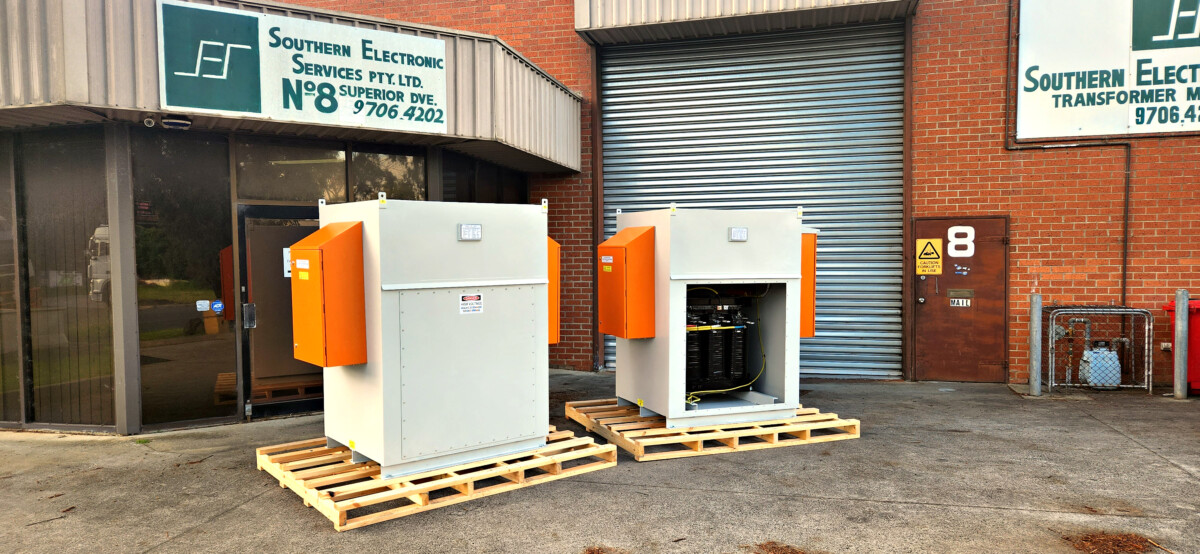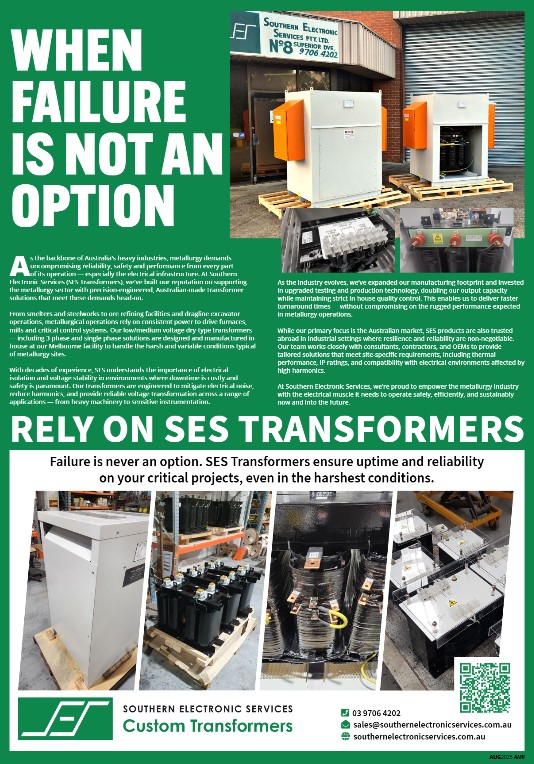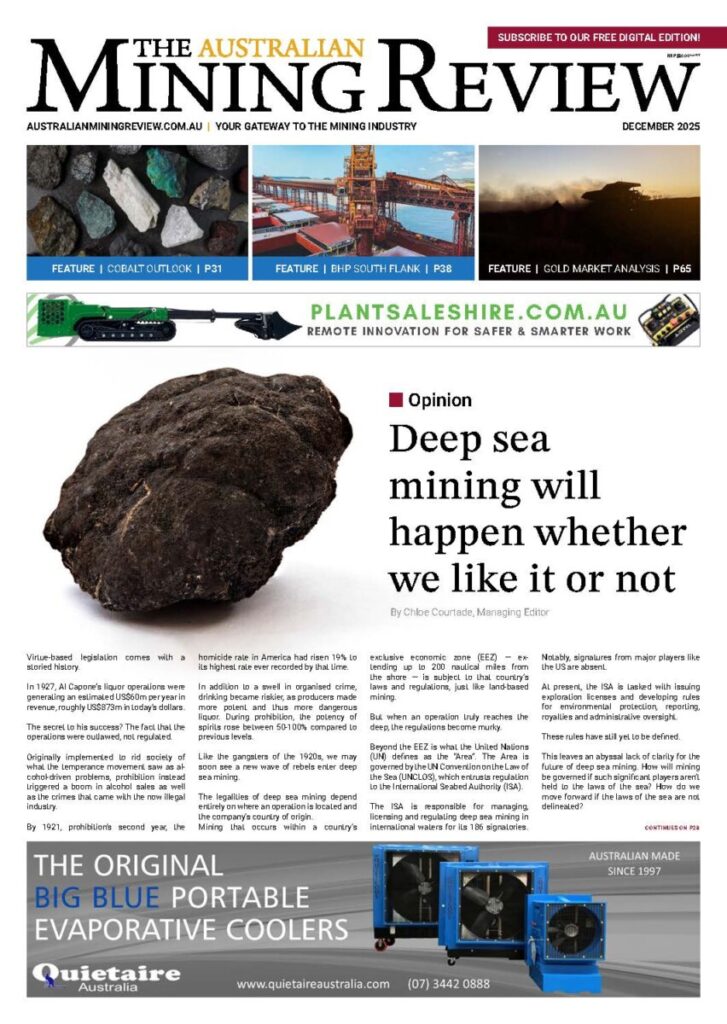When failure is not an option

As the backbone of Australia’s heavy industries, metallurgy demands uncompromising reliability, safety and performance from every part of its operation — especially the electrical infrastructure. At Southern Electronic Services (SES Transformers), we’ve built our reputation on supporting the metallurgy sector with precision-engineered, Australian-made transformer solutions that meet these demands head-on.
From aluminium smelters and steelworks to ore refining facilities, metallurgical operations rely on consistent power to drive furnaces, mills and critical control systems. Our low/medium voltage dry-type transformers — including 3-phase and single phase isolation are designed and manufactured in-house at our Melbourne facility to handle the harsh and variable conditions typical of metallurgy sites.
With decades of experience, SES understands the importance of electrical isolation and voltage stability in environments where downtime is costly and safety is paramount. Our transformers are engineered to mitigate electrical noise, reduce harmonics, and provide reliable voltage transformation across a range of applications — from heavy machinery to sensitive instrumentation.
As the industry evolves, we’ve expanded our manufacturing footprint and invested in upgraded testing and production technology, doubling our output capacity while maintaining strict in-house quality control. This enables us to deliver faster turnaround times — without compromising on the rugged performance expected in metallurgy operations.
While our primary focus is the Australian market, SES products are also trusted abroad in industrial settings where resilience and reliability are non-negotiable. Our team works closely with consultants, contractors, and OEMs to provide tailored solutions that meet site-specific requirements, including thermal performance, IP ratings, and compact form factors for retrofits.
At Southern Electronic Services, we’re proud to empower the metallurgy industry with the electrical muscle it needs to operate safely, efficiently, and sustainably — now and into the future.

























